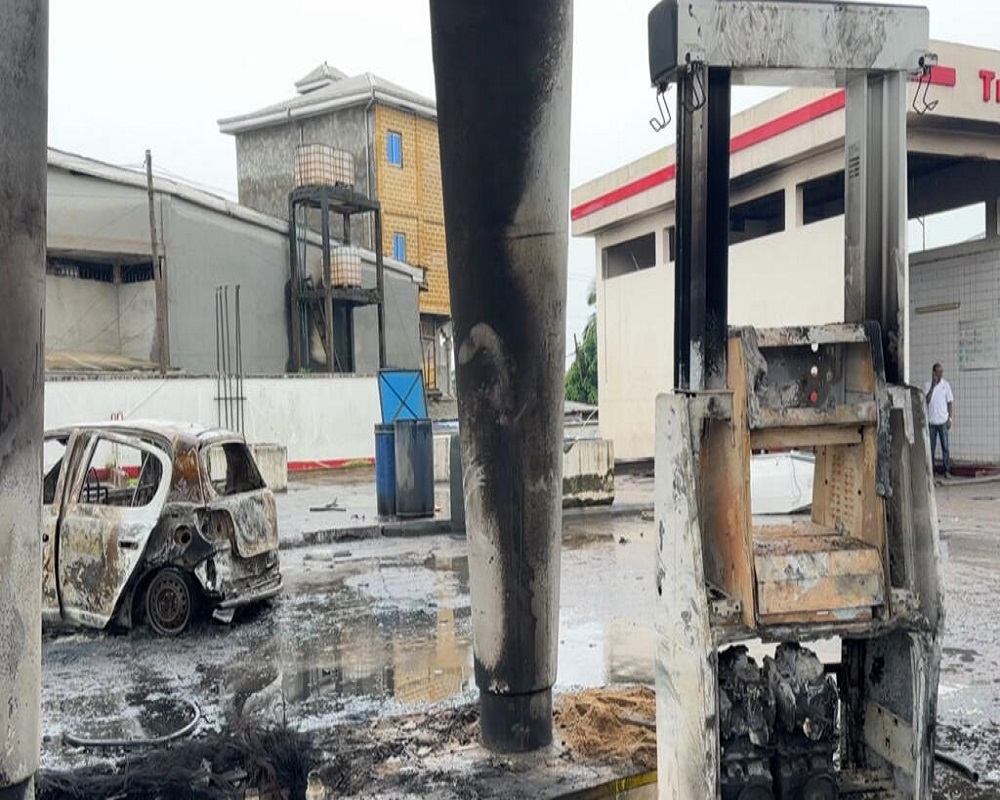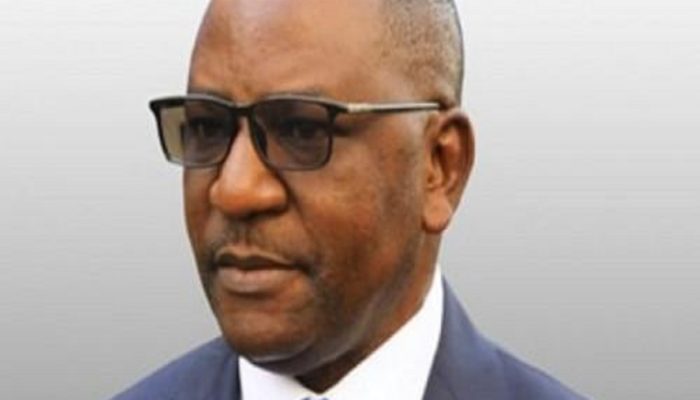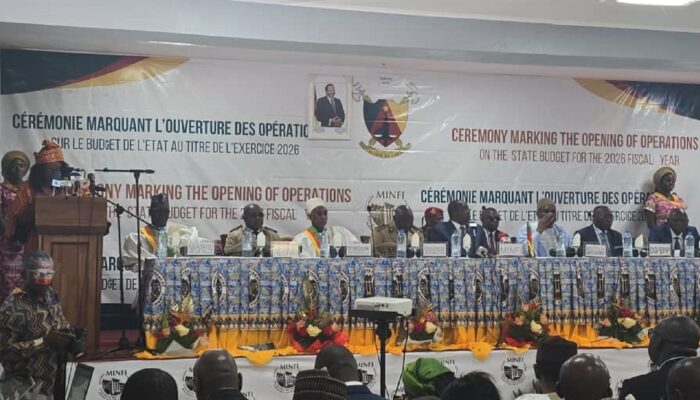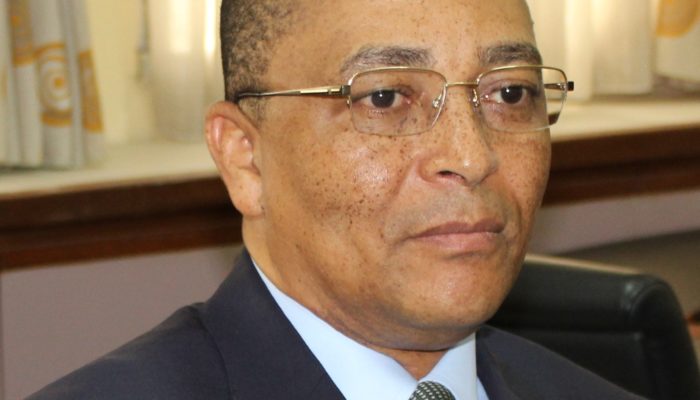In a letter dated November 3, 2025, addressed to members of the Group of Cameroonian Enterprises (Gecam), Célestin Tawamba President of this organization, sought to assess the economic impact of the post-election consequences. The data collected will provide business leaders with arguments for advocacy or support actions that may be necessary with partner institutions.
There is a general sense of calm in Cameroon after days of intense unrest that began on October 27, 2025, the day the results of the October 12, 2025 presidential election were announced. On that day, according to the Constitutional Council, Paul Biya, 92 years old and having been in power for 43 years, was declared the winner. Since this announcement, Cameroon has experienced a period of instability. The demonstrations that occurred in several cities caused significant damage, both material and human. Businesses, already grappling with numerous challenges related to the business environment, were not spared. Several shops and production units were vandalized, burned, or even looted.

Beyond this material damage, the entire economic activity has been profoundly disrupted, plunging many businesses into a detrimental state of paralysis, thus jeopardizing continuity of service, job stability, and investor confidence.. President Tawamba highlights a major risk: “Many businesses are facing a damaging standstill, which seriously compromises service continuity, jeopardizes job security, and erodes investor confidence, already weakened by a challenging business environment.” Aware of the urgency of the situation, Gecam wants to take the lead in organizing a response and calls on the private sector to be transparent and rigorous. This will be achieved through a meticulous assessment. “The assessment process aims to measure the real impact on the economic fabric through factual and reliable data collection on losses. A detailed form will be sent very soon to members and, if possible, to non-member companies.”
A database is considered crucial for any future action, as it will not only enable advocacy efforts, but also allow them to solicit support from their partner institutions and those in the very short term.
In this context, the president of the Group of Cameroon Enterprises (GECAM), Célestin Tawamba, announced the launch of an investigation to assess the true impact on the economic fabric.
“GECAM has undertaken a comprehensive evaluation of the losses incurred by its members and, beyond that, by other non-member companies, as far as possible.” This approach aims to establish a solid factual basis, particularly for any advocacy or support action that may prove necessary with several partner institutions in the very near future. To this end, an information collection form will be sent to you in the coming days,” wrote Célestin Tawamba in a letter dated November 3, 2025.






